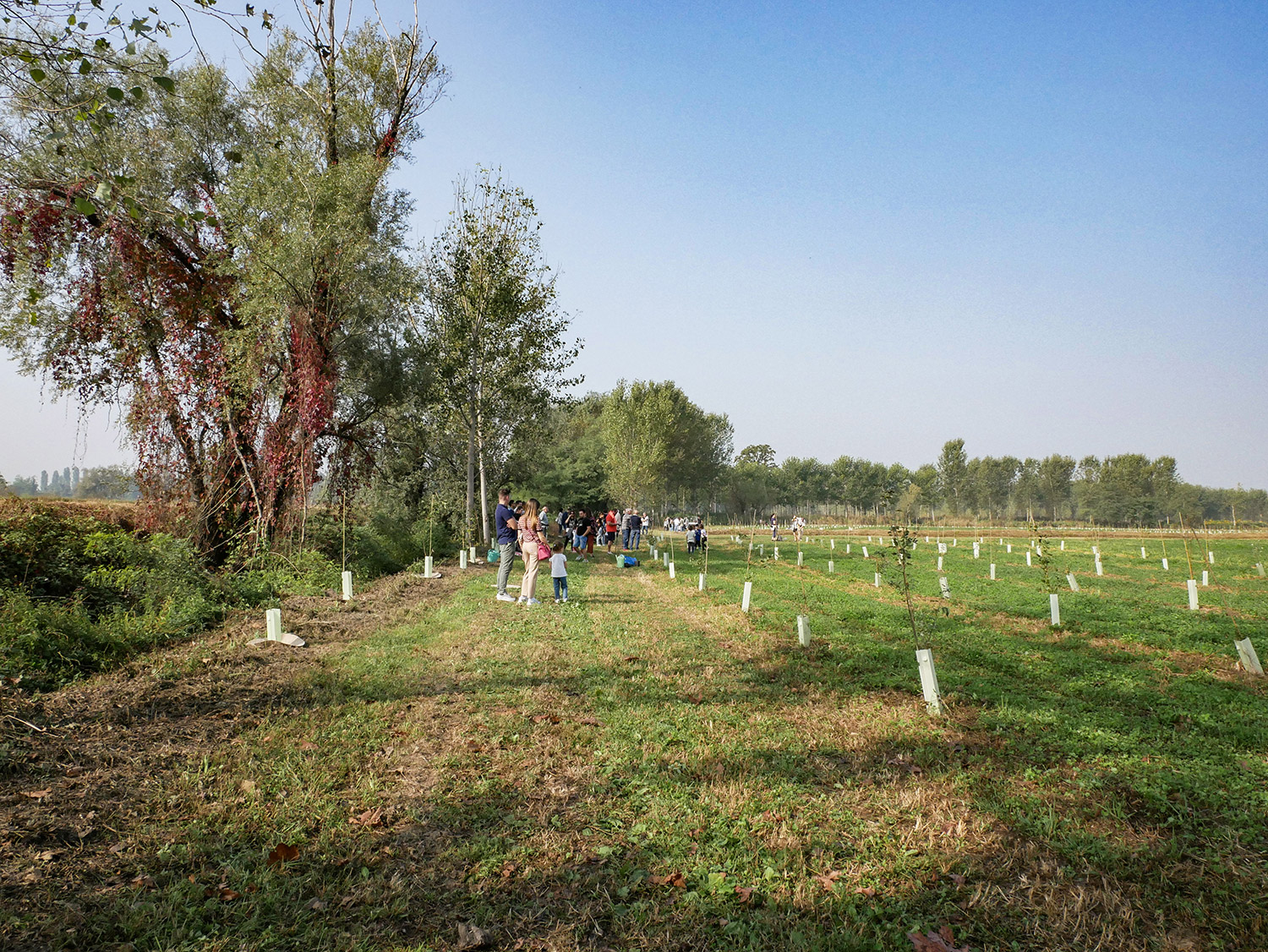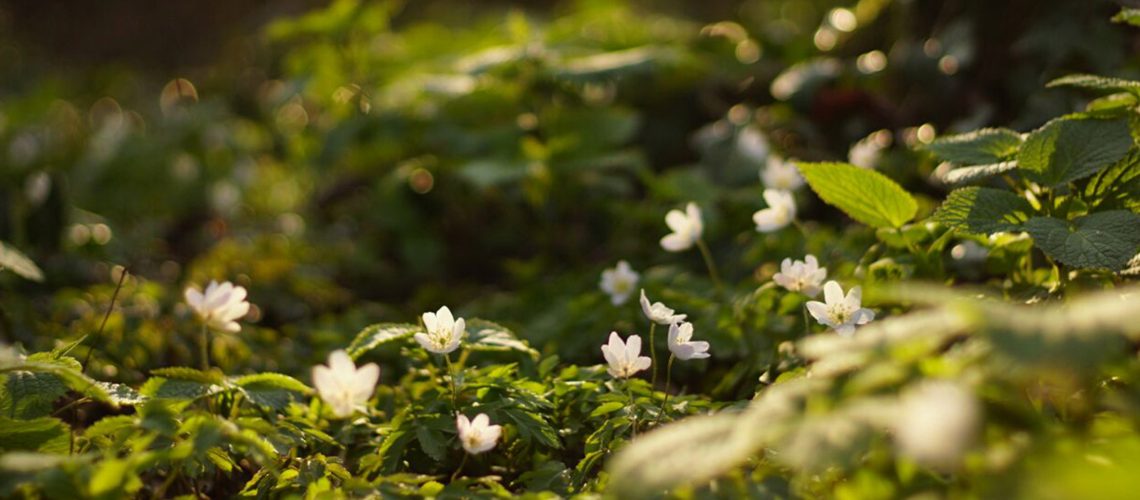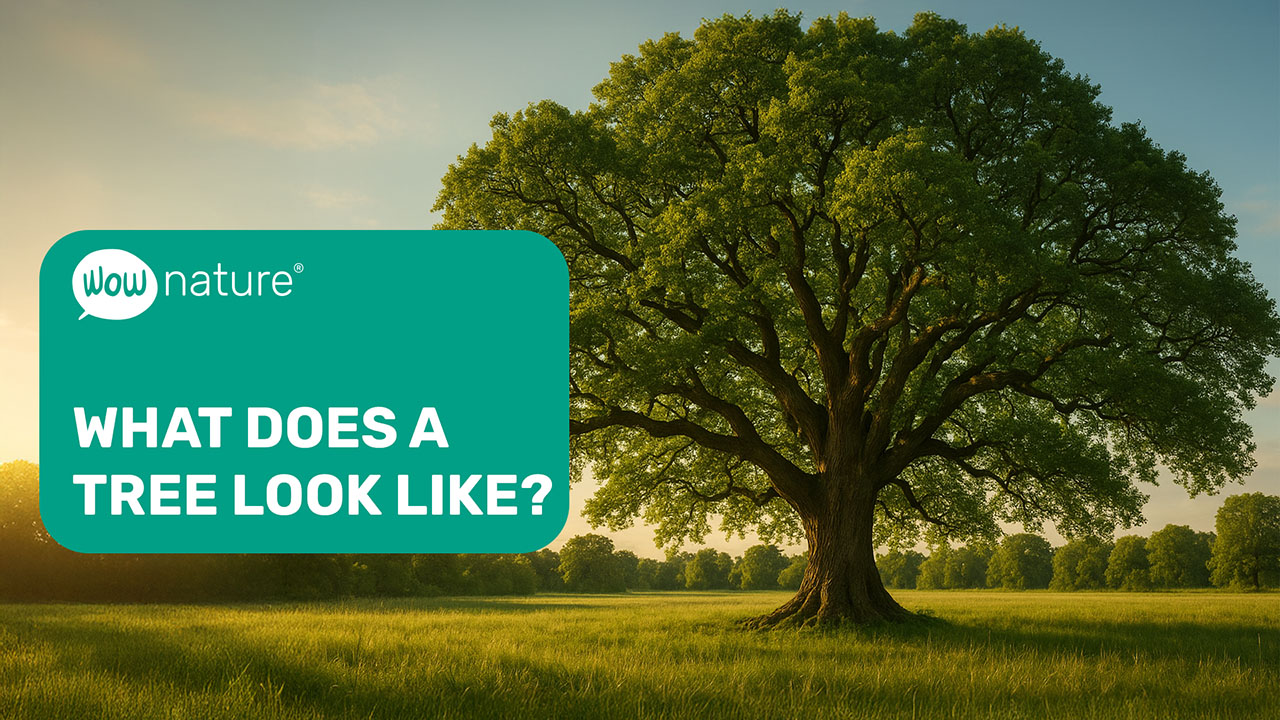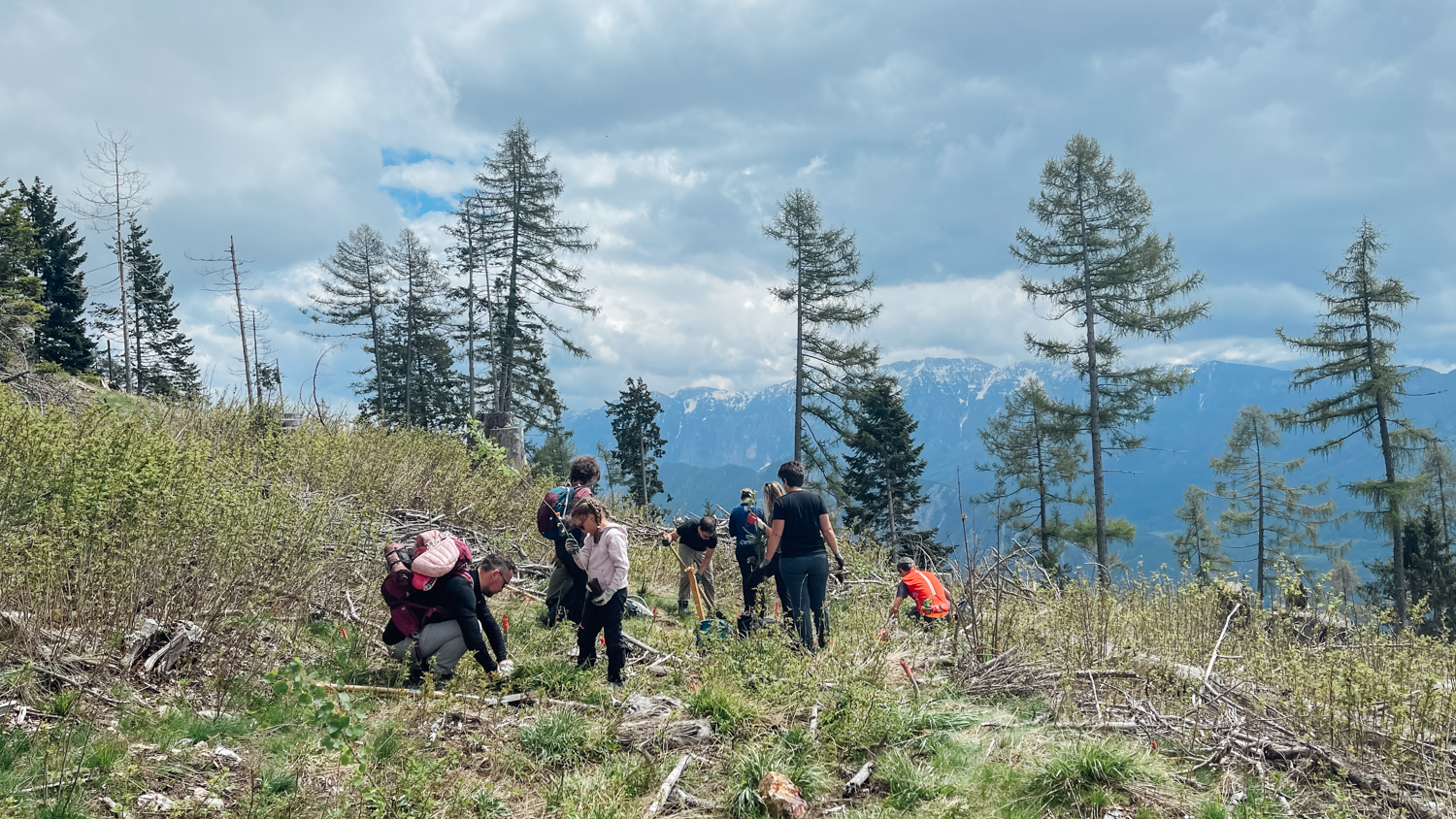
Bosco Nico and the Veneto lowland forest
A new lowland forest is being born in Cessalto, near Treviso: it is Bosco Nico, a new green lung that joins Bosco Olmé, one of the oldest lowland forests in the area, thus reaching a tree coverage of about 28 hectares. The area of Bosco Nico was managed by the previous owner for agricultural purposes, mainly cereal growing: the current owner, who took over from the previous owner, decided to start with us a reforestation project to convert it into a permanent forest in order to meet the demand for green and wooded areas in contexts where they are scarce, such as the context of the plain.
The forest is located in a territorial context suitable to mitigate the impact created by cementification and air pollution: Bosco Nico, in fact, is located near the freeway exit of Cessalto, south of the industrial area immediately adjacent to the freeway, and will be able to absorb CO2, ensuring cleaner and healthier air, as well as providing many ecosystem services.







